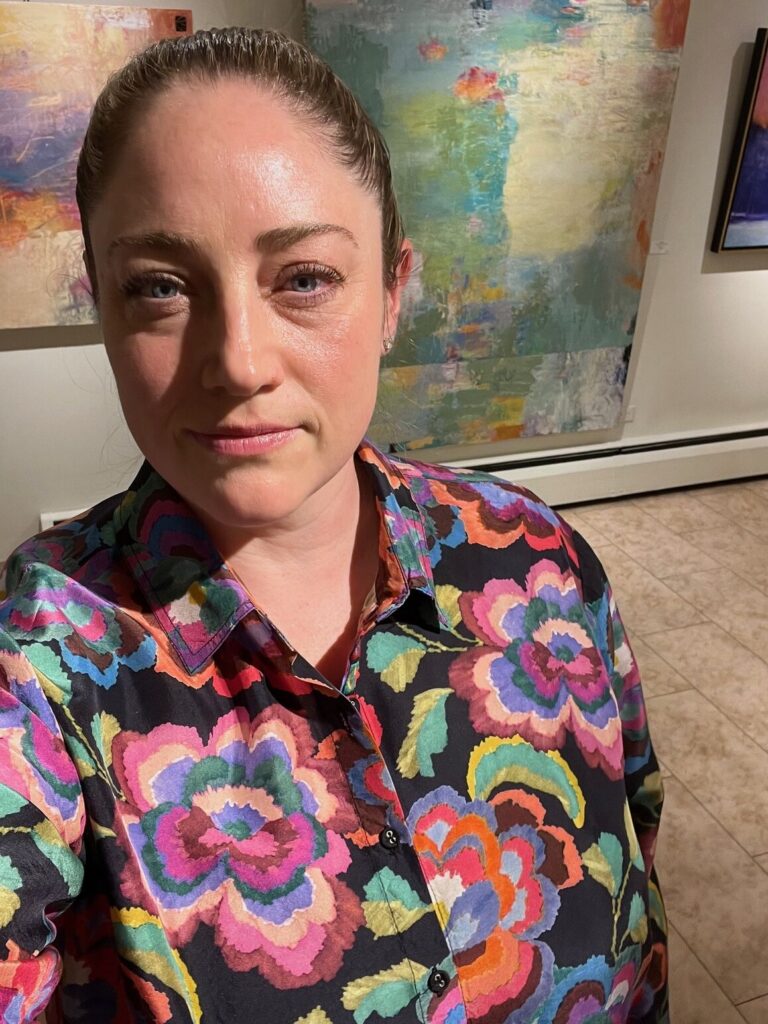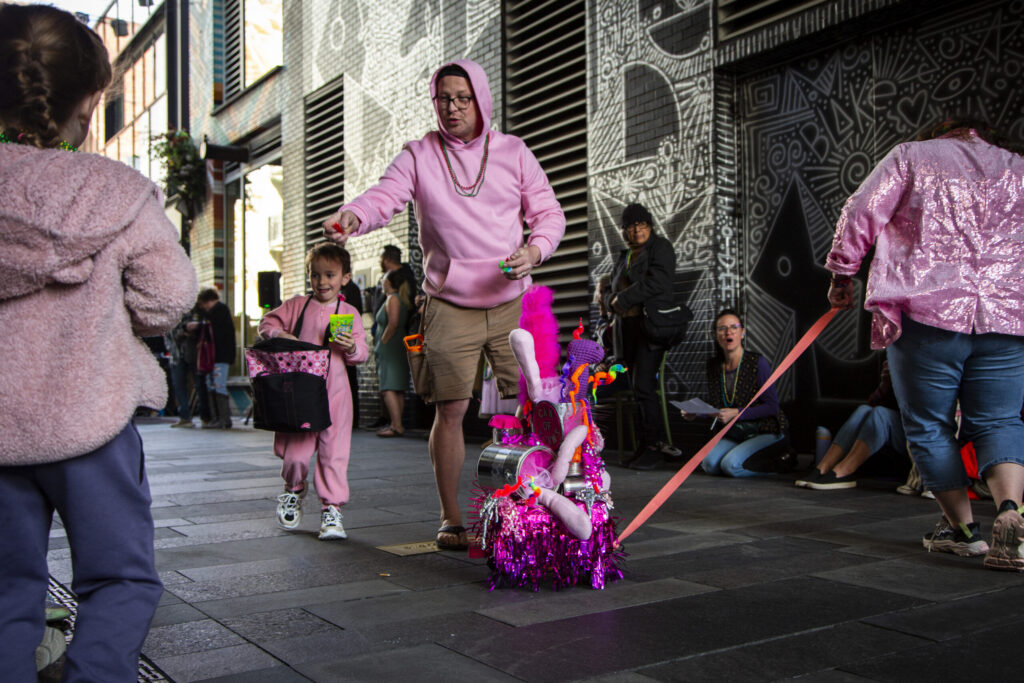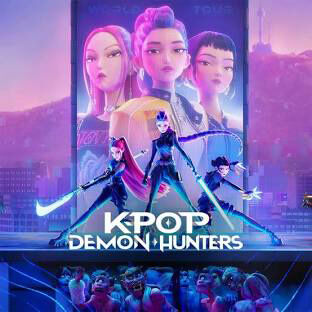Colorado New Play Summit: Where tomorrow’s stories come to grow

Courtesy DCPA

If you want to see a play staged by the DCPA Theatre Company this month, you have two choices – “Cebollas” and “Rubicon.” They were both first introduced to local theatergoers as staged readings at the company’s 2022 Colorado New Play Summit.
The Summit is to playgoers what the NFL Draft is to football fans: An opportunity to get an early look at the stars of tomorrow. Each year, four developing scripts are chosen for a week of intense workshop development followed by two public readings. Over its 18 years, the Summit has introduced 68 promising new plays, and more than half of them returned a year or two later as full DCPA Theatre Company productions.
That’s not just a number. That’s the cache that makes the Denver Center one of the national industry leaders in the development of new works for the American theater.
The playwright’s Holy Grail is when a Summit reading turns into a company production, then turns into many productions by theater companies all across the country. Even back here in Denver.
Two of the Summit’s biggest success stories are Matthew Lopez’s “The Legend of Georgia McBride” (2013) and Lauren Gunderson’s “The Book of Will” (2016). “The Book of Will” just finished up a run at OpenStage Theatre in Fort Collins. “Georgia McBride” is being staged right now through March 24 at Vintage Theatre in Aurora. In 2017, Chicago’s Northlight Theatre staged both of those plays back-to-back.
“I think everyone who knows new plays knows the New Play Summit,” Gunderson said.
Which means they know about “Cebollas,” a comedy about three Latina sisters making a road trip to dump a dead body in Denver, which is a pretty good bet to become the next Denver Center play to soon start popping up at theaters all over the country.
The 2024 Colorado New Play Summit, taking place Feb. 24-25 at the Denver Performing Arts Complex, features four new stories, and chances are we will be seeing at least two of them again in a year or two. The public is welcome to attend any of the weekend readings. Info at denvercenter.org.
The plays and playwrights:

Kirsten Potter’s “Rubicon,” which started as a featured reading at the 2022 Colorado New Play Summit, is currently being fully staged through March 17 in the DCPA Theatre Company’s Kilstrom Theatre. It’s based on the true story Betty Pack, who transitioned from society wife to secret agent for British and American intelligence agencies. From left: Carolyn Holding, Aaron Blakely and Geoffrey Kent.
Terence Anthony

Terence Anthony
• The play: “Godspeed”
• What happens: It’s 1865, slavery has been abolished in Texas, and a woman named Godspeed has returned to the Lone Star State with vengeance on her mind – until an unexpected discovery makes her question if the retribution she desires can deliver the justice she’s been seeking.
• What it’s about: ”’Godspeed’ is about untold history. Often the plays I write begin with an exploration of a question. In this case, that question is: ‘What happened after slavery was abolished?’ We’re taught that Black folks dressed up and had a Juneteenth party, but what was really going on during this seismic societal adjustment? At its core, the play is about the illusory nature of freedom and how the chains created by the institution of slavery were only transformed, not destroyed, after emancipation.”
• What ideas do you hope audiences leave thinking about? “Selfishly, I hope audiences leave feeling like they can’t wait to see a full production – and that they start a campaign to pressure the Denver Center to produce it! But, seriously: I hope the play sparks interest in the Reconstruction era, and discussions about what the country could look like today if the promise of Reconstruction hadn’t been betrayed. As someone who finds much value in discovering history that has been undervalued, ignored or denied, I want my plays to inspire folks to think about those pieces of the past that still affect us today.”
Nina McConigley and Matthew Spangler

Nina McConigley and Matthew Spangler
• The play: “Cowboys and East Indians”
• What happens: The Sen family grapples with both expectations and culture collisions after moving from India to Wyoming. When Dorothy Hamill-obsessing daughter Lakshmi (“Lucky”) grows up and a forgotten family secret resurfaces, she realizes there is a lot about her mom she doesn’t know.
• What it’s about: “Our play is a rare exploration of what it means to be an immigrant in the rural American West. It is about Wyoming. It’s about masculinity, race, identity, and how you form identity when you don’t see reflections of your identity around you.”
• What ideas do you hope audiences leave thinking about? “We hope they see a story of Wyoming that is new to them – that they see some complexity and nuance in the American West around questions of race, gender and identity that maybe they have not seen before.”
• How can theaters in 2024 both expand voices and audiences at the same time? “We don’t see these two as competing objectives – rather, we think it’s possible, even desirable, to produce theater that expands access and space for traditionally underrepresented voices, while bringing audiences into the theater at the same time. At the end of the day, though, we luckily don’t have to think too much about this specific question because, as playwrights, we are drawn to telling certain stories that mean something to us as individuals and artists, and we just hope other people are equally moved by those stories.”
Andrew Rosendorf

Andrew Rosendorf
• The play: “One-Shot”
• What happens: For two best friends working in a small-town video store in 1999, their shop has become their sanctuary – the only place where they can escape into their favorite films, dream about the future and actually be themselves in a place where dangers looming outside threaten their safety.
• What it’s about: “I love film. ‘One-Shot’ is influenced by the safe haven I found as a kid in video rental stores — as a customer and as an employee. I sought escape there, in a number of ways, but especially through representations of people like me. ‘One-Shot’ is a love story that centers on two characters fighting to make their story a rom-com in a world that doesn’t welcome their love story.”
• What ideas do you hope audiences leave thinking about? “‘One-Shot’ explores White privilege and fragility, representation, the celluloid closet and who gets the space to tell what stories. It asks: Where are our safe spaces? And what happens when the people we love are the ones making those spaces unsafe? I hope that’s what audiences leave thinking about – with open hearts.”
• How can theaters in 2024 both expand voices and audiences at the same time? “This isn’t a new conversation. Community-building takes time and money, we all know that. There isn’t a quick answer, even though we wish there was one in this precarious cultural moment. It’s not about programming one play – it’s about investing in many plays. It’s not about expecting underrepresented voices to come to you – it’s also about how you’re going to them. It’s not about saying you’re an ally – it’s about being an ally. And it’s embracing the learning and stumbling along the way. Not being afraid of stumbling. Or of challenging ourselves, one another, and our audiences.”

2024 Colorado New Play Summit featured playwright Andrew Rosendorf has had several works produced by Colorado theater companies, most recently the 2022 True West Award-winning “Refuge,” written with composer Satya Jnani Chávez for Curious Theatre Company. The “play with music” chronicles the harrowing journey of a 17-year-old Honduran girl who crosses the U.S. border. Pictured: GerRee Hinshaw.
Vauhini Vara

Vauhini Vara
• The play: “Ghost Variations”
• What happens: When a writer finds herself incapable of writing about her sister’s death, she begins what feels like an illicit experiment with an artificial intelligence program to see what she might learn from an algorithm about the very human experience of grief.
• What it’s about: “A poetic, bizarre, comical and vulnerable quest for healing, and the potential for liberation that only storytelling offers.”
• What ideas do you hope audiences leave thinking about? “I hope to leave audiences with a feeling more than a thought – some feeling about what it’s like to be human.”
• How can theaters in 2024 both expand voices and audiences at the same time? “I don’t see those imperatives as being in competition and I don’t think audiences do, either. I’d respectfully urge companies to be more imaginative.”

Vintage Theatre is staging “The Legend of Georgia McBride,” which began as a featured reading at the Denver Center’s 2013 Colorado New Play Summit, through March 24. From left: Matthew Austin Combs, Clark Jones and Stuart Sanks.
John Moore is The Denver Gazette’s senior arts journalist. Email him at john.moore@gazette.com


























